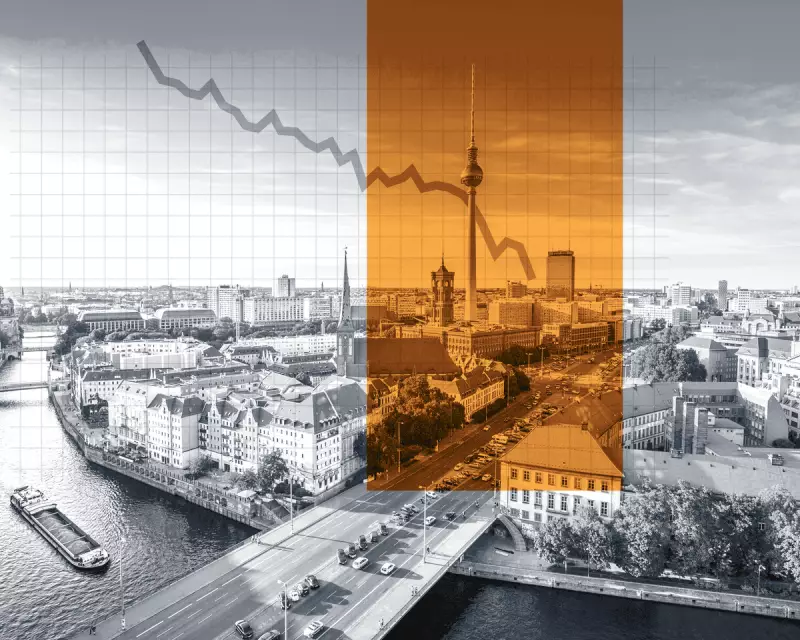
Germany, Europe's industrial powerhouse, finds itself locked in a complex battle to achieve its ambitious climate targets, with the path to net zero proving far more challenging than anticipated. Despite bold political promises and substantial investment, the nation's green transformation faces mounting obstacles that threaten to stall progress.
The Ambitious 2045 Climate Neutrality Pledge
Germany has committed to becoming climate neutral by 2045, an ambitious goal that requires overhauling the continent's largest economy. The country aims to slash greenhouse gas emissions by 65% compared to 1990 levels by 2030, with interim targets set for every sector from industry to transportation.
Industrial Transformation Meets Reality
The heart of Germany's struggle lies in its industrial sector. Major industries including automotive manufacturing, chemicals, and steel production face the daunting task of decarbonising while maintaining global competitiveness. This balancing act has created significant tension between environmental goals and economic realities.
Key Challenges Blocking Progress
- Energy infrastructure gaps: Insufficient renewable energy capacity and grid limitations
- Economic pressures: High costs of green technology adoption for small and medium enterprises
- Social resistance: Public pushback against necessary infrastructure projects
- Bureaucratic hurdles: Complex permitting processes slowing renewable energy expansion
The Renewable Energy Dilemma
While Germany has made significant strides in renewable energy adoption, the pace remains insufficient to meet growing demand. The phase-out of nuclear power has increased reliance on temporary solutions, creating an energy gap that renewables have struggled to fill completely.
Transportation Sector Struggles
The transition to electric vehicles has encountered unexpected headwinds, from charging infrastructure limitations to consumer resistance. Public transportation upgrades have also faced delays, complicating efforts to reduce the carbon footprint of Germany's mobility sector.
What Lies Ahead for Germany's Green Transition?
Experts warn that without accelerated action and political consensus, Germany risks missing its crucial climate targets. The coming years will be decisive in determining whether Europe's economic engine can successfully navigate the complex journey to sustainability while maintaining its industrial strength.
The world watches closely as Germany's experience could provide valuable lessons for other industrialised nations embarking on similar climate journeys. The success or failure of this transition will have profound implications for global climate efforts.





